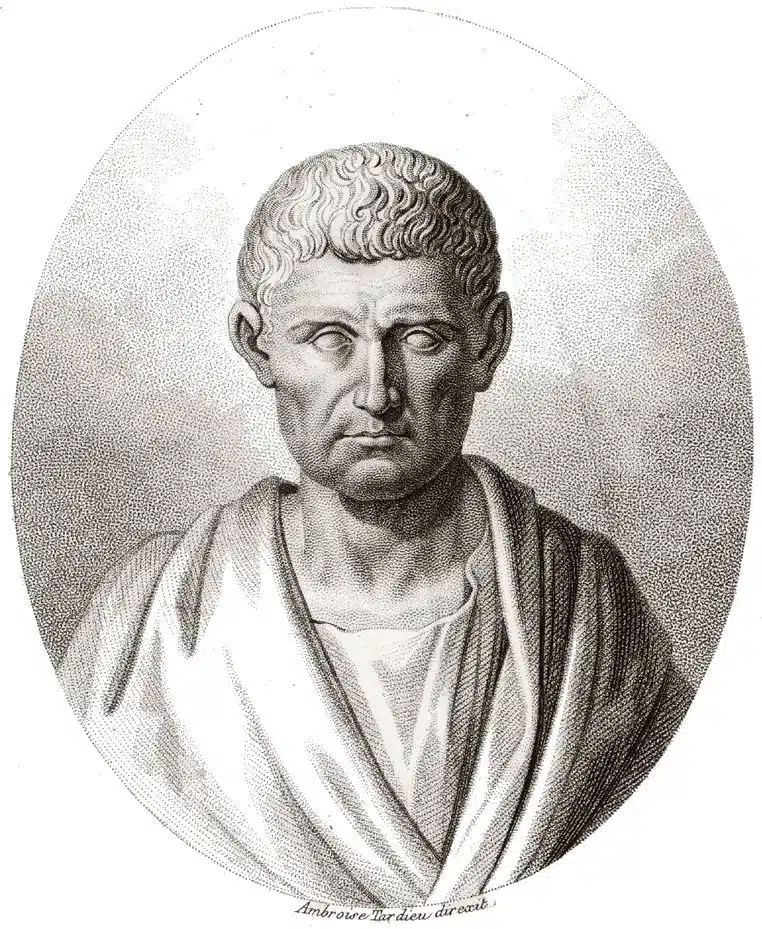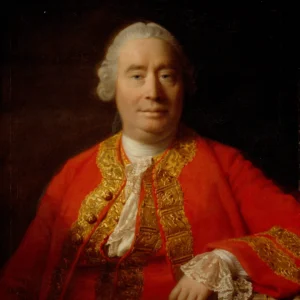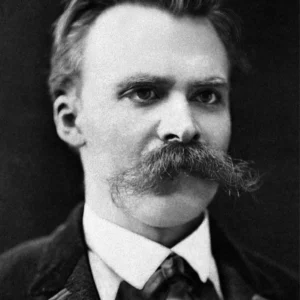Aristotle, born in 384 BCE in Stagira, Chalcidice, Greece, is widely regarded as one of the greatest philosophers and scientists of all time. His extensive writings and profound insights have shaped Western thought and continue to influence contemporary philosophy, science, and education. This article explores his life, achievements, and enduring legacy.
Early Life and Education
Birth and Background
Aristotle was born to Nicomachus, a physician to the Macedonian king, and Phaestis. His father’s profession and close ties to the Macedonian court significantly influenced Aristotle’s upbringing. After his father’s death, Aristotle was raised by his guardian, Proxenus of Atarneus.
Education in Athens
At the age of 17, Aristotle moved to Athens to join Plato’s Academy, one of the most prestigious philosophical schools of the time. He studied there for nearly 20 years, absorbing the teachings of Plato and other prominent philosophers. During his time at the Academy, Aristotle developed a keen interest in a wide range of subjects, including logic, metaphysics, ethics, and politics.
Contributions to Philosophy
Logic and Metaphysics
Aristotle’s work in logic laid the foundation for formal logic and deductive reasoning. His treatise “Organon” is a collection of works on logic and scientific method, including the “Prior Analytics” and “Posterior Analytics.” These texts introduced the concept of syllogism, a form of logical argument that remains central to logical reasoning today.
In metaphysics, Aristotle explored the nature of existence, reality, and the principles of being. His concept of “substance” and “accidents” distinguished between the essence of a thing and its attributes, providing a framework for understanding the fundamental nature of reality.
Ethics and Politics
Aristotle’s ethical theories are encapsulated in his works “Nicomachean Ethics” and “Eudemian Ethics.” He introduced the concept of the “Golden Mean,” advocating for moderation and balance in all aspects of life. According to Aristotle, virtue lies in finding the mean between extremes of excess and deficiency.
In politics, Aristotle’s “Politics” examines the nature of the state, citizenship, and the role of government. He argued that the purpose of the state is to promote the good life for its citizens and that different forms of government have distinct advantages and disadvantages.
Natural Sciences
Aristotle’s contributions to the natural sciences were groundbreaking. His works on biology, zoology, and physics laid the groundwork for empirical observation and scientific inquiry. In “History of Animals,” “On the Parts of Animals,” and “On the Generation of Animals,” Aristotle documented his observations of the natural world, categorizing species and studying their behaviors and anatomies.
Influence and Legacy
The Lyceum
In 335 BCE, Aristotle returned to Athens and established his own school, the Lyceum, also known as the Peripatetic School. The Lyceum became a center for philosophical and scientific research, attracting students from across the ancient world. Aristotle’s method of inquiry, which emphasized empirical observation and systematic analysis, influenced generations of scholars.
Tutoring Alexander the Great
One of Aristotle’s most notable students was Alexander the Great, whom he tutored from 343 BCE. Aristotle’s teachings on philosophy, science, and politics had a lasting impact on Alexander, shaping his approach to governance and conquest.
Enduring Influence
Aristotle’s works have had a profound and lasting impact on Western thought. His ideas on logic, ethics, politics, and natural sciences have shaped the development of philosophy, science, and education. His writings continue to be studied and revered by scholars and students around the world.
Conclusion
Aristotle’s intellectual legacy is vast and enduring. His contributions to philosophy, science, and education have left an indelible mark on Western civilization. As we continue to explore and build upon his ideas, Aristotle’s influence remains a testament to the power of human curiosity and the pursuit of knowledge.



Pingback: Alexander The Great: The King Who Conquered The World - Hivereads